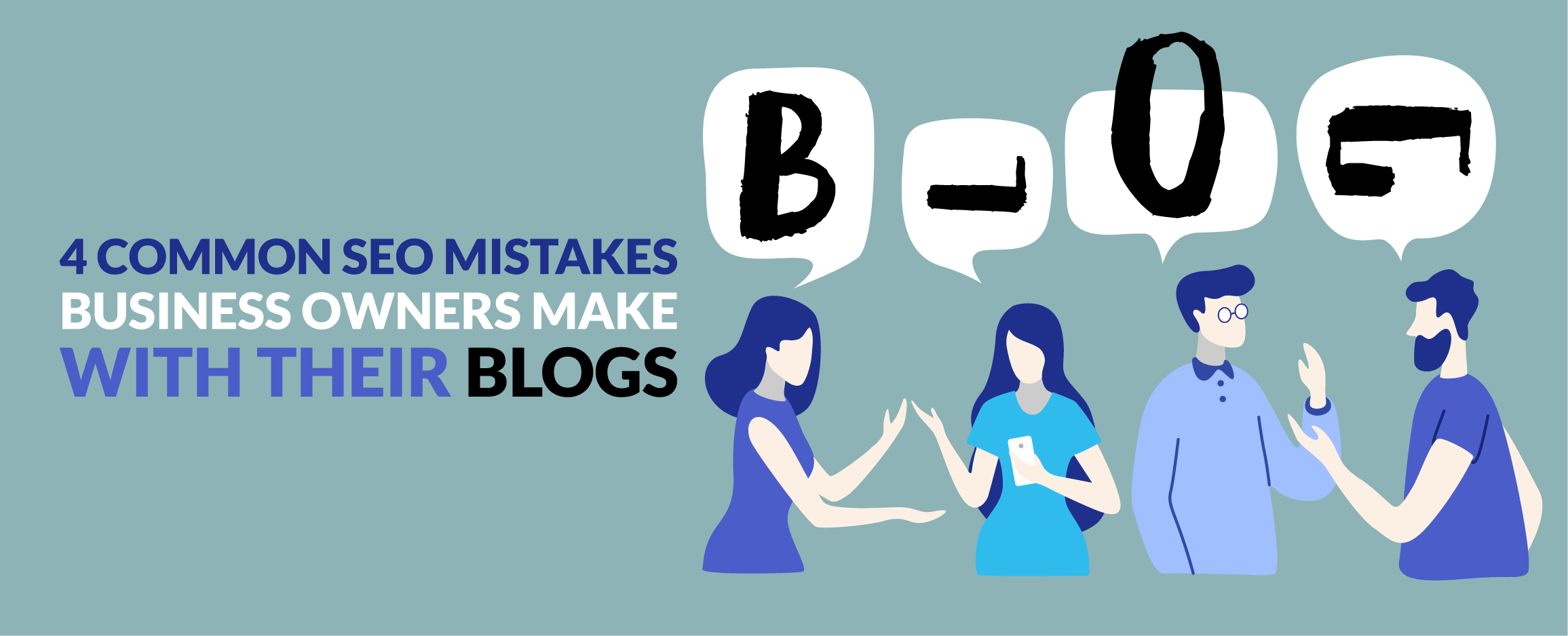
1. Not optimising the right keywords

2. Poorly written copy

3. Ineffective content promotion
We’ve said it a thousand times before, and we’ll probably say it a million times more, but having the best content Online means nothing if you’re not promoting it correctly. Remember that your Blog is an effective part of your SEO strategy. It isn’t – and never has been – a magical lead magnet that’s going to take your Business to the next level on its own.
In order to succeed, you’re going to need to have additional strategies in place to promote your content. Your Digital Marketing budget will always be the final decider when it comes to promoting yourself Online, but there’s always space to be creative.
For instance, if you’re trying to eke the most out of a low budget, reaching out to non-competitors and seeing if they’re interested in running some of your work on their Site is a great place to start. If you’re at the point on your journey where you can afford to spend a little more then great, why not look into exactly what you can be doing with Search Engines or Social Networks?
If you’re at all uncertain about the quality of your Blogging, or don’t even know where to start, do the smart thing and ask an expert.



